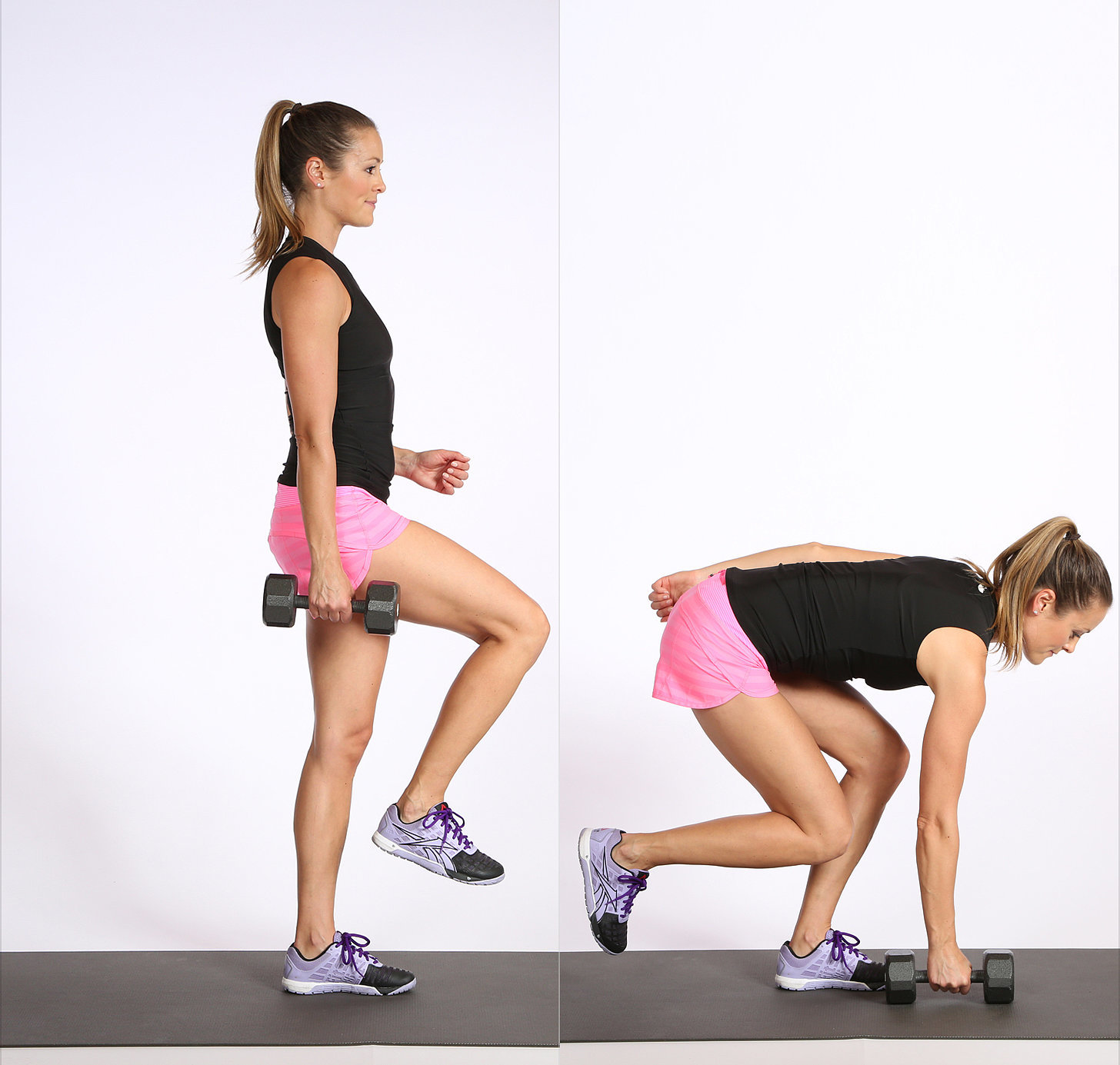Tens of thousands of people have taken on the Whole30 program, a monthlong clean-eating program that promises a bevy of health and emotional benefits. Developed by Dallas and Melissa Hartwig, a husband-and-wife team with backgrounds in sports nutrition, anatomy, and physical therapy, the program aims to reset your metabolism and reshape your relationship with food.

After a co-worker read the essential Whole30 text, It Starts With Food, and took on the challenge, I was interested to see what all the hype surrounding this monthlong “diet” was really about.
Related: Things I Learned From Sabotaging My Whole30 Plan (and Why I’ll Try It Again)
What Can I Eat?
On the surface, the Whole30 menu looks a lot like the Paleo diet (low carb, high protein), but think of it more as an elimination diet, except there’s no 80/20 balance either — no cheating, no indulgences for one month. For one month, it completely strips away “hormone-unbalancing, gut-disrupting, inflammatory food groups,” considered to be grains, sugar, dairy, alcohol, and legumes. Equally as important as eliminating these groups is not to be tempted to “junkify” their old favorites — for example, a meaty “Paleo pizza” or “coconut-flour pancakes” are off-limits. For Whole30 participants, it’s not about stretching the rules of the diet to their furthest limits. It’s about learning to enjoy whole, clean, simple foods that fuel your body.
Related: This 1-Pot Chicken Cacciatore Is a Whole30 Home Run
The Promises
The program promises a laundry list of potential benefits, such as improved body composition, higher energy levels, better quality of sleep, improved athletic performance, and a reduction of food cravings, particularly when it comes to sugar and carbs. Participants have chimed in with their testimonials, crediting the Whole30 program with everything from clearing up acid reflux to complete elimination of autoimmune disorders. Beyond the physical benefits, the Whole30 program aims to reshape “long-standing, unhealthy patterns related to food, eating and your body image.”
The Verdict
While a rigid diet with no allowance for indulgences is not sustainable over time, there’s no reason you shouldn’t be able to push yourself for a month — sometimes drastic times call for drastic measures! The Whole30 program could be a good option for individuals looking to give themselves a healthy reset or discover what food sensitivities they might have. But before you sign on board, it’s essential to read their book that outlines the program to make sure it’s right for you.
Image Source: POPSUGAR Photography / Jae Payne
Source: The 30-Day Program That Heals Unhealthy Food Habits : PopSugar





